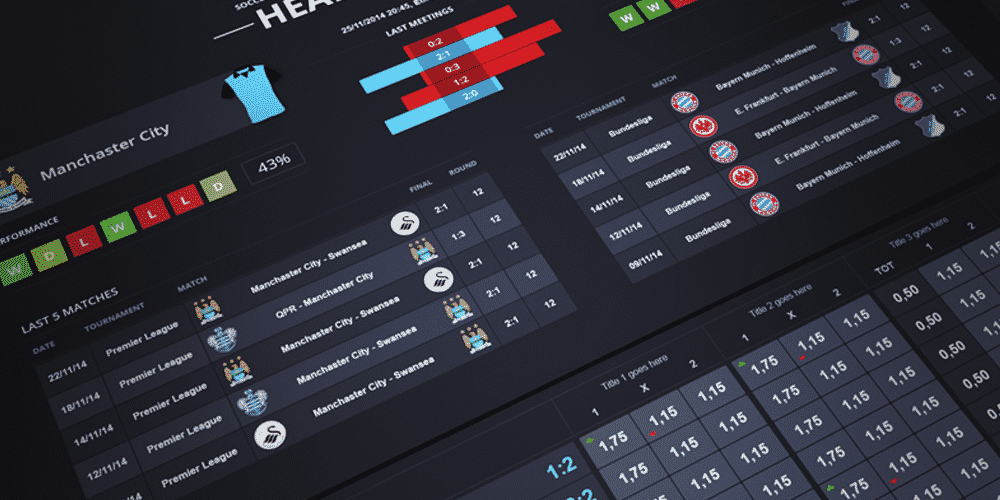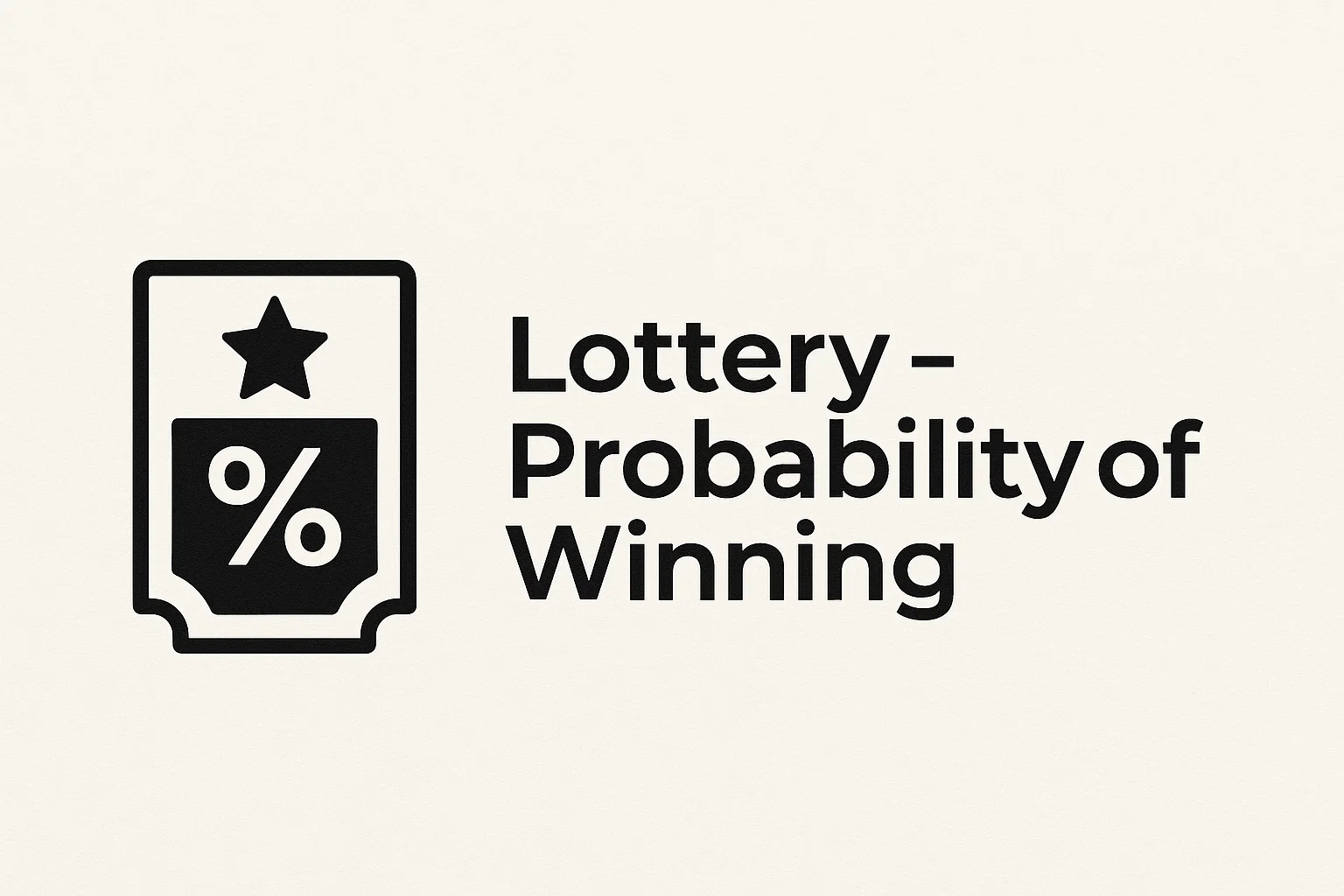| Eesti keeles |
|
Türkçe |
|
Lottery - Probability of Winning Introduction: Dreams vs RealityHello, seekers of easy money, masters of luck, and other gambling illusionists! Today, together, we will dive into Canadian lottery bonuses and the world of lotteries, this magical treasure chest from which, as you might think, it's so easy to pull out gold. But let's be honest: your chances of winning the lottery are as great as the chances of meeting an elephant in a supermarket. Why? Because mathematics and statistics are not the friends who will come to your aid in tough times. They are more like those guys who will tell you the truth to your face, even if you don't like it. You're probably thinking, "But someone wins, don't they?" Uh-huh, and every time you buy a ticket, you're sure that you'll be that "someone." After all, why not? Someone wins millions while sitting on the couch and just checking numbers time after time. "Why can't I be that someone?" you ask, giving away your last bit of money for another ticket. But let's dot the i's: the lottery isn't about you; it's about statistics and cold calculation. And the sooner you realize this, the less disappointed you'll be. Don't think I'm here just to completely crush your dreams. Well, maybe a little. But my main task is to show you that dreaming is good, but it's also important to see reality as it is. And the reality is simple: the lottery is not a ticket to the world of your financial fantasies; it's more like a ticket to the "eternal hopes" club, where the main prize is yet another portion of disappointment. Does Mathematics Lie?Let's figure out why your belief in the lottery resembles belief in a kind wizard from the neighboring apartment who, rumor has it, gives out free tickets to the land of eternal happiness. It's simple: mathematics and probability are your enemies in the world of lotteries. Imagine you have a ticket in your hands, and you need to guess 6 numbers out of 49. Seems like the odds aren't that small, right? But if we do the calculations, the probability of guessing all 6 numbers is 1 in 13,983,816. Yes, you heard that right. To grasp this number: if you bought one ticket every week, it would take you, on average, about 269 thousand years to win. Good luck waiting! But let's not stop there and fully delve into the matter. Commissions and Taxes - They're Everywhere!Get ready because now we're diving into the darkest part of gambling, where even your tiny chances of winning are lost in a sea of commissions and taxes. Yes, my dear players, your winnings are not just numbers on paper. They're a target for all sorts of "tax trimmings" that will turn your joy into sorrow faster than you can say "big haul." Firstly, let's talk about commissions. Every time you buy a lottery ticket, a certain percentage of its cost goes not towards increasing your potential winnings but straight into the pockets of the organizers. That's their "thank you" for your naivety. Oh, excuse me, I meant - for your "game." But suppose you're lucky, and you win. You already see yourself on the shore of your own island, right? Only your joy will be short-lived. Because it will be time to pay taxes. And here's where it gets interesting: depending on the country, the tax on lottery winnings can reach up to 50% of the amount. Half of your winnings vanish before even properly landing in your bank account. Feeling cheated? Well, that's because you were. Thus, even if you manage to overcome astronomical odds and win the lottery, your winnings will be significantly diminished due to commissions and taxes. Organizers and the state will get their share, regardless of how lucky your ticket was. As a result, the majority of the money invested by all players in the lottery doesn't return as winnings but is distributed among the organizers and the government budget. The Psychology of Gaming - Who's the Real Winner Here?Think carefully: why, knowing all these disheartening facts, do people continue to buy lottery tickets as if tomorrow the money apocalypse will come? The answer lies not in mathematics, not in probability, but in psychology. Yes, it's your psychology playing against you, making you the perfect prey for lottery organizers. Firstly, there's something called the "near-miss effect." You feel like you were so close to winning when your ticket matched two or three numbers out of six. "Just a little bit more, and I would have won," you think. But in reality, you were just as far from winning as someone whose numbers didn't match at all. This illusory "almost-win" fuels your motivation to play again and again. Secondly, there's the "expectation of winning" effect. You hear stories about winners, see their happy faces in the news, and think, "Why not me?" Success stories create the illusion that winning isn't that difficult, that happiness is literally around the corner. But don't forget: behind every happy face in the news are millions of disappointed players whose stories will never be told. And finally, the "eclipse effect." The rarity of an event makes it seem more significant than it actually is. Winning the lottery is such a rare event that when it happens, it's perceived as a miracle. But unlike a solar eclipse, which can be accurately predicted and won't cause anyone losses, the lottery is a constant attempt to catch a mirage that costs you a pretty penny. Slots in Casinos vs. Lottery - Where's the Grass Greener?Now that you've fully felt the bitterness of lottery illusions, let's switch gears to casinos and their enticing slots. "What's the difference?" you might ask. The difference is colossal, my gambling friends. If the lottery is a path to nowhere with rare oases of "almost wins," then casinos offer you much more control and, importantly, more chances of winning. The probability of winning in slots is significantly higher than in the lottery. If in the lottery the chance of winning the jackpot is one in a multi-million number, then in slots, the payout percentage (i.e., the portion of money returned to players) ranges from 90-98% depending on the slot and casino. This doesn't mean you'll win 98% of the time, but your chances of winning some amount are much higher overall. But there's a catch. While slots may seem more generous, they're also designed to make you play longer and more frequently. Every "almost win" in slots fuels your gambling desire, making you believe that the next spin is the one that will bring you the jackpot. This can be addictive, which is why it's important to control yourself, your budget, and your gaming time. Conclusion:Playing slots, you definitely get more enjoyment and chances of winning than when buying a lottery ticket. But the key to responsible gaming is understanding that in the long run, the casino always stays ahead. Your task is to enjoy the process, manage your budget, and not let gambling overpower common sense. So, if you have to choose between the two options, approach the question with intelligence and awareness of all risks. And remember, gambling is entertainment, not a way to make money. Luck is a fickle thing, and it's better not to build long-term plans on it. |
|||||||||||||||
|
|||||||||||||||
|
|||||||||||||||





